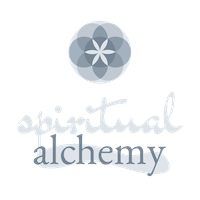Purpose and meaning require action, which can vary from the quiet mental decision to make a change to the physical act of getting up off the couch to engage with the world. Meaning and purpose align with intention and gratitude… and together they tie to a sense of happiness, to belonging, and to positivity.
Human warmth and compassion, deepening our connection to others, in the face of suffering brings meaning and purpose.
Freedom from suffering starts with accepting suffering as a natural part of the human experience, and then courageously, mindfully facing our problems head-on. If you directly confront your suffering, you’ll be in a better position to appreciate the depth and nature of the problem.
In a battle, if you remain ignorant of the status and combat readiness of your enemy, you will be totally unprepared and paralyzed by fear. However, if you know the fighting capacity of your opponents, then you’re in a much better position when you engage in war.
In the same way, rather than avoid them, if you mindfully confront the emotions and feelings tied to your grief—the sense of rejection, loss, failure, abandonment—you will be in a better position to deal with them.
Your joy is your sorrow unmasked.
And the selfsame well from which your laughter
rises was oftentimes filled with your tears.
And how else can this be?
The deeper that sorrow carves into your being,
the more joy you can contain.
Joy and sorrow are inseparable.
Together they come, and when one sits
alone with you at your board,
remember that the other is asleep upon your bed.
– Kahlil Gibran
